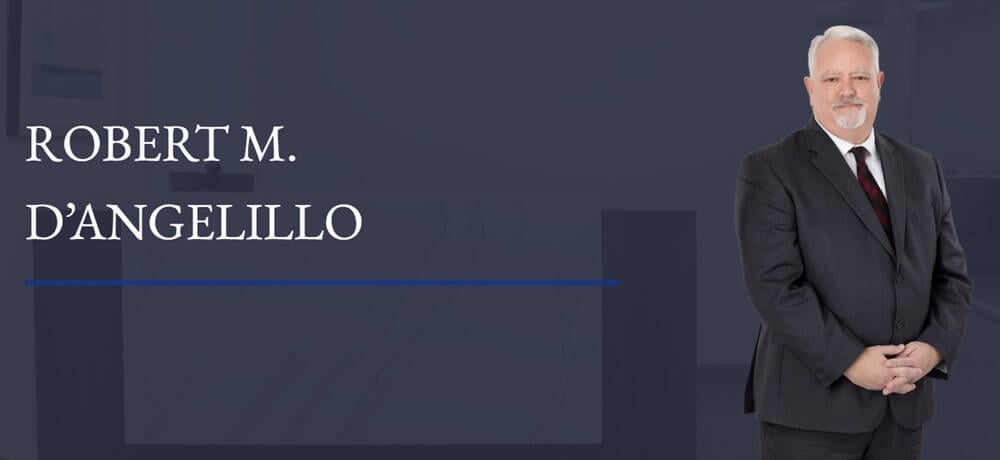Planning for the future starts with an important step — creating an estate plan. It’s not merely about preparing for the unknown; it’s a blueprint for the legacy you leave behind. A well-thought-out estate plan is a gift to yourself and your loved ones, offering peace of mind and ensuring your wishes are honored.
Estate planning in New York can be daunting. To work through your plan, here are some key questions to consider:
When should I make an estate plan?
In New York, as a legal adult, the optimal time to create an estate plan is now. Since we don’t know what the future holds, things can change at any moment. Ensuring you have an estate plan in place enables you to designate a power of attorney, appoint a guardian for a child or preserve assets should you need care.
Who should inherit my estate?
Deciding on beneficiaries for your estate is different for everyone. Individuals consider many factors when determining who should inherit their assets. The financial well-being of a spouse and children and securing their future through inheritance often is as a primary consideration. Additionally, you may consider some of your favorite charities so that you can leave a lasting impact on organizations you care about.
Moreover, the sentimental value associated with gifting a portion of your estate to a close friend or family member resonates deeply with many. Provisions that extend beyond financial security, perhaps leaving a specific heirloom or cherished possession, underscore the emotional aspects of estate planning.
Ultimately, the decision rests on a blend of emotional connections, altruistic aspirations and the desire to ensure a legacy that mirrors one’s values and priorities.
Who should I pick as my power of attorney?
Selecting a power of attorney in New York demands trust and capability. Trusted family members—spouses, siblings or children—capable of managing critical decisions in times of incapacity are often chosen. Understanding the legal responsibilities in New York is crucial when designating a power of attorney.
Beyond familial bonds, when choosing a power of attorney in New York, it’s pivotal to identify individuals who are not only trusted but also well-versed in handling legal and financial decisions. The individual appointed should possess a clear understanding of the legal nuances and responsibilities specific to New York state laws regarding power of attorney. This understanding ensures they can effectively navigate the legal landscape, making informed decisions on your behalf during crucial moments of incapacitation.
Should I update my estate plan?
Regular review and updates are crucial. Life is dynamic, marked by milestones such as marriage, divorce, death of a family member or the birth of children and grandchildren. Each event necessitates reevaluating your estate plan to ensure it aligns with your current circumstances and desires.
Additionally, sometimes there are changes in the law that, when enacted, may affect the current plan. When you hear about these changes is a good time to reevaluate your plan.
Should I get legal guidance?
Estate planning in New York is intricate and everyone’s situation is different. Seeking legal assistance ensures your plan complies with your state’s laws and regulations, avoiding mistakes and guaranteeing your wishes are carried out precisely as intended.
Embarking on the journey of estate planning in New York is not just a responsibility; it’s a profound act of love and foresight. By taking the steps today to secure your tomorrow, you gift yourself and your loved ones the assurance of a well-preserved legacy.


